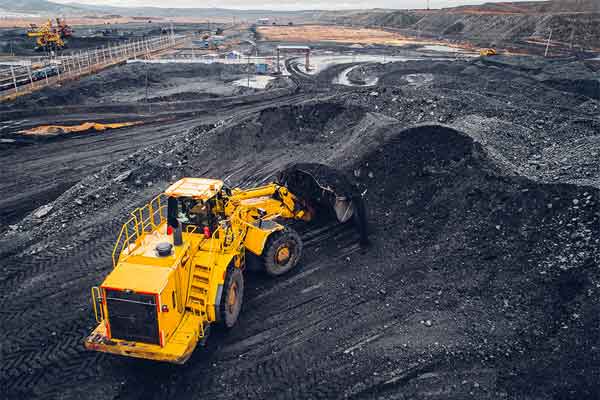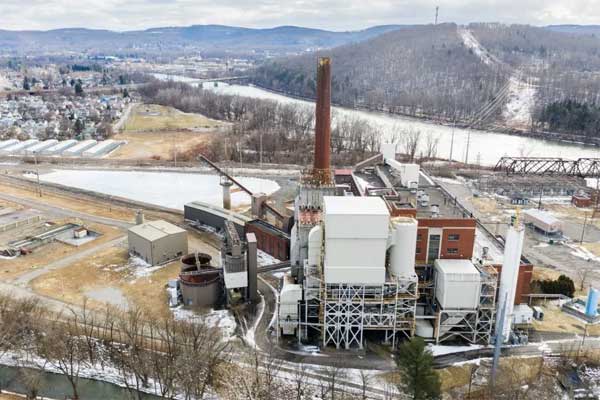A major new poll by CBS News shows that a majority of Americans think action needs to be taken right now to address climate change.
Most consider it at least to be a serious problem — including more than a quarter who say it is a crisis. Seven in 10 think human activity contributes a lot or some to climate change, and most feel they have a personal responsibility to do something about it.
There is a growing number of individuals and collective organizations that are pressuring companies to pull out of fossil fuels. This movement is forcing global corporations to make business cases that would enable them to make this move.
Insurance companies have a strong business case to stop insuring fossil fuels like coal, and many of the world’s largest insurers are responding to the challenge. More than 20 companies, representing 20 percent of the insurance industry’s global assets, have exited the coal business, up from 13 percent a year ago.
The latest to divest is Chubb Corporation; the world’s largest publicly traded commercial property and casualty insurance company in the U.S.
Chubb announced a new policy to address climate change. Saying it “will not underwrite risks related to the construction and operation of new coal-fired plants.” This is the first major U.S. insurer to adopt a policy restricting coal insurance.
According to the new policy, the insurer will not underwrite new risks for companies that generate more than 30 percent of revenues from thermal coal mining and will phase out coverage of existing risks that exceed this threshold by 2022.
While this move may be credited to the “Insure Our Future” campaign, which is part of a larger and growing global “Unfriend Coal” campaign, it should be noted that the move might just be financial.
Generally speaking, there has been a progressive decline in coal use in the U.S. due, in part to strong competition from natural gas and renewables.
This competition enjoys the additional benefit of being cleaner, and cheaper. New analysis shows that natural gas and utility-scale solar have all dipped well below the price of coal.
Even with the intervention of pro-coal policies by Trump, as his administration rolled back Obama-era climate change rules in an effort to save coal-fired electric power plants, a further decrease of coal consumption is expected.
Also, negative press and a growing pro cleantech agenda make investments in fossil fuels detrimental.
BlackRock, the world’s largest fund manager — for example — lost investors an estimated $90 billion over the past decade. Largely due to investments in ExxonMobil, Chevron, Shell, and BP.
Chubb joins a growing list of global organizations that have pledged to divest their investments, practices, and funds from fossil fuels in the wake of the climate crisis.

In the latest bankruptcy in the coal industry, Blackhawk Mining has filed Chapter 11 to reduce a $1 billion debt load resulting from acquisitions (CFO)
A key sector of the “divest-invest” movement is the longstanding and continuing leadership of faith communities. More than 22 faith institutions have announced their divestment from fossil fuels, joining the global total of 170+ faith-based organizations which have stepped away from fossil fuels.
The global movement to divest from fossil fuel companies and invest in climate solutions recently announced a major milestone as the total assets pledged to divestment surpassed US$11 trillion.
Institutions committed to divestment include sovereign wealth funds, banks, global asset managers and insurance companies, cities, pension funds, healthcare organizations, universities, faith groups, and foundations.
On its part, Chubb says it recognizes the reality of climate change and the substantial impact of human activity on the planet. Adding that the company expects a transition over time to greater reliance on alternative and renewable fuel solutions to meet energy needs.















Comments